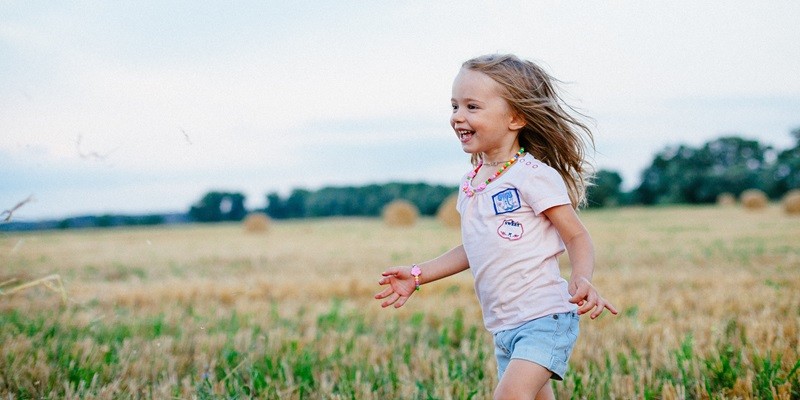Since the beginning of industrialization and the invention of plastic, our planet has suffered for years from pollution that has greatly affected our ecosystems, climate, and biodiversity. Now more than ever, it’s important to ensure everyone understands the impact we have on our planet, and this includes educating children on sustainable and eco-friendly lifestyles. There are many ways every home and each person can contribute to these campaigns, from using biodegradable trash bags to reusing plastic containers and driving cars with fewer carbon emissions. For your entire household to adopt eco-friendly habits and practices, you need to teach your kids about these habits. However, the question arises: how can parents teach their children to realize environmental responsibility?
1. Recycling
Children need to understand and know about what they are doing and why. Try talking to them and explaining how paper is made and how recycling helps to protect the trees. Tell them all about how plastic takes a very long time to break down naturally and harms the environment and wildlife. Once they have grasped this concept, go ahead and create different bins for paper, glass, and plastic. You could even attach pictures to the bins to show them what goes where.
2. Water and Energy Conservation
Teaching this important lesson can help you save a lot of money on your energy and water bills. Most children may not understand that water is limited and that electricity is sourced from non-renewable natural sources. You can help them understand by educating them on why it is important to conserve natural resources and reminding them to switch off appliances whenever they aren’t using them. It’s even better if you can make these lessons more fun using songs or stories. These help children absorb the information and remember it the next time they leave the water running as they brush their teeth.
3. Environmental Education
Teaching your children about the environment and the history of the planet is very important. They should know about the healthy and unhealthy ways human activities impact the environment. As soon as they understand this, it becomes easier to lay down the groundwork for how things will work at home.
You can set rules like unplugging electronics from the socket when you are not using them, composting food scraps, packing zero waste kits in their school packs, or even reminding them to water their gardens before and after they leave for school. These small reminders will lead to habits that will take hold and become their daily routine.
4. Grocery Shopping
When buying food for your kitchen, there are many opportunities to teach your children what to buy and what to avoid. It is important to do your research beforehand and learn about which products are sustainable. You will then be in a better position to teach your children about selecting environmentally friendly foods that are harmonious with the earth. This means going for organic foods, purchasing products that are made from recycled materials, and buying in large quantities to reduce package waste. Use the same principle for cleaning items, and discuss with them how certain cleaning materials contain chemicals that impact the environment.
5. Climate Change
Parents and children often come together to read, and considering you have the opportunity to choose the subject matter, you could go for climate change. Explain the importance of sustainable living, waste dumping, and global warming. Talk to them about how they affect our planet and how we can change it. If you can get them excited about the different ways going green benefits the planet, you will undoubtedly be successful at adopting an eco-friendly attitude.
Takeaway
You are the biggest role model for your child, and if they see you taking the initiative to maintain an eco-friendly home from an early age, they will adopt and learn that as a norm. Lastly, remember that children take time to learn new things, so be patient and slowly implement new habits into their daily lives until they get used to it.
Last Updated on January 15, 2025 by Marjorie R. Rogers, MA (English), Certified Consultant

